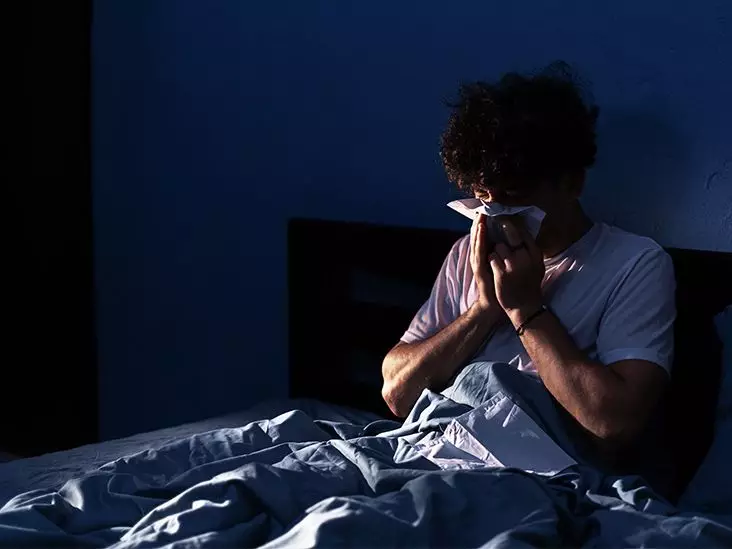When it comes to allergies, many individuals may find that their symptoms worsen at night. This could be due to the body’s natural circadian rhythms, which influence various functions, including the immune system’s response to allergens. These internal biological clocks can cause allergy symptoms to peak during nighttime hours, making it challenging for individuals to get a restful sleep. Additionally, lying down can increase nasal congestion and stuffiness, further exacerbating the situation.
Environmental Factors and Nighttime Allergies
The environment itself can also play a significant role in worsening nighttime allergies. Dust mites, pet dander, and mold thrive in bedding, carpets, and upholstery, intensifying symptoms for allergy sufferers. Furthermore, pollen counts tend to be higher late at night and early in the morning, adding to the challenges faced by those allergic to outdoor allergens. Postnasal drip, where mucus drips from the nose down the back of the throat, can lead to coughing, sniffling, and a sore throat, making breathing difficult and disrupting sleep.
Nighttime allergy symptoms can vary from person to person, but some common signs include nasal congestion, sore throat, sneezing, itchy eyes, increased coughing, and wheezing. Individuals may also experience a lack of concentration or excessive sleepiness during the day if their allergy symptoms disrupt their sleep. Moreover, allergies have been linked to sleep apnea, with congestion and inflammation narrowing the airways and making breathing more challenging while sleeping.
Managing Nighttime Allergies
To alleviate nighttime allergies and promote better sleep, there are several strategies that individuals can adopt. Allergen-proofing the bedroom by using covers on pillows and mattresses, washing bedding regularly, and keeping pets out of the bedroom can help minimize exposure to dust mites and pet dander. Using HEPA purifiers to remove airborne allergens, maintaining humidity levels below 50%, and practicing nasal irrigation with saline sprays can also be beneficial.
If self-care measures do not provide relief from nighttime allergies or significantly impact an individual’s quality of life, it may be time to consult an allergist or immunologist. These specialists can conduct allergy testing to identify specific triggers and recommend personalized treatment options. Allergen immunotherapy, which involves exposing the individual to small amounts of the identified allergen to desensitize the immune system, can provide lasting relief and long-term remission of allergy symptoms.
Nighttime allergies can be challenging to manage, but with the right approach, individuals can find relief and improve their quality of sleep. By understanding the impact of circadian rhythms, environmental factors, and common symptoms associated with nighttime allergies, individuals can take proactive steps to alleviate their symptoms. Seeking guidance from a specialist may also be beneficial for those with persistent allergies. Remember, managing nighttime allergies is possible with the right strategies in place.

